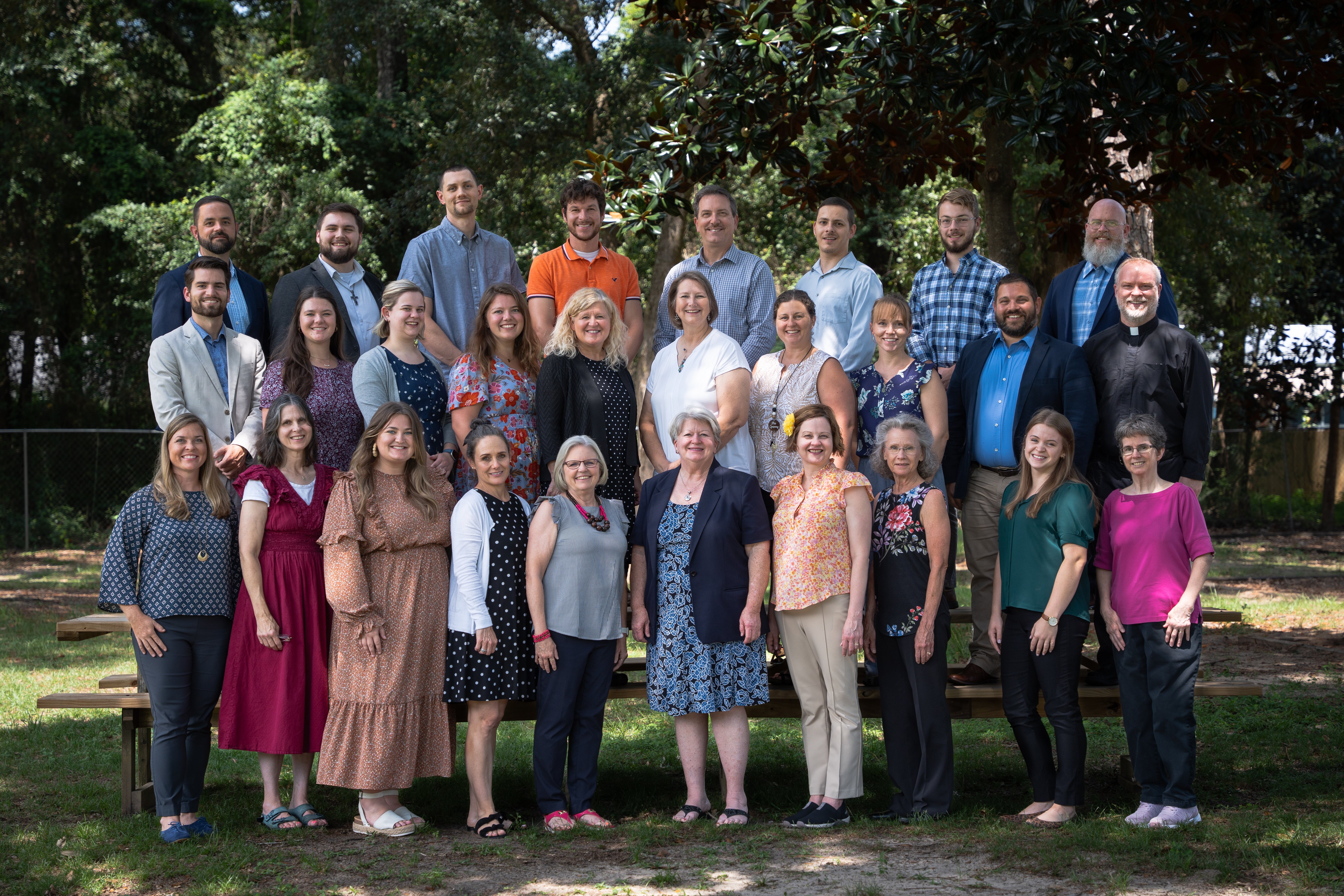Last time out, we ended our discussion with a list of questions. We established the fact that there is no magic in those questions. They are merely questions that leave space for your child to tell his story in a way that he hasn’t even thought of yet. You can think of other questions like these that will help peel back the layers, and you can change them to fit the moment. The point is to get to the sin that motivated the action. For example, striking someone in anger is a sinful behavior, but oftentimes, there is something else motivating that anger and violence, whether pride or envy or covetousness or something else. If we don’t work to get at that sin that is rooted down in the heart, it is going to continue to manifest itself on the surface somehow—this time it was anger and violence, but next time, it could be something different.
Topics: Blog Posts, Parenting, Scripture, Christian Education, Parent Involvement, Teaching
We should all be familiar with Jesus’ exhortation in Matthew chapter 6 to seek the kingdom of God rather than chase after the things we think we need. He doesn’t say we should forget about the things we think we need—food, clothes, the important stuff—but that those things will be added to us if we will seek first the kingdom of God. The idea seems to be that seeking after food and clothing (and fill in the blank) is something akin to getting so blinded by individual trees that we become unable to see the forest. Or worse: Jesus seems to be cautioning us against a form of idolatry, against letting our material needs (and wants) take the place of God as the focus of our worship and devotion.
Topics: Blog Posts, True Education, Christian Living, Teaching, Grades
As Trinitas celebrates its 25th anniversary this year, we are delighted to welcome a number of new faces to our school community. In addition to more than a dozen new families, we are welcoming several new faculty members and one new administrator to the Trinitas community. We thank God for his blessings on our school and are eager to introduce these fine folks to you.
Topics: Blog Posts, School Life, Teaching
About the time we wrap up the school year, my thoughts turn to my garden. My garden provides a quiet place for work and contemplation, and as is my wont, my musings rarely stray far from my life as a teacher. Cultivating in my students a love for learning and a desire to love God and neighbor is a lot like cultivating a garden.
Topics: Blog Posts, Parenting, Teaching
The common notion about teachers at the end of the school year is that they run out of the building screaming like banshees and then retreat to the comfort and ease of lounging beside the pool all summer to recover. Frequently during the last week of school, parents will ask teachers what they plan to do all summer. I remember one parent who stopped by the school a couple of weeks into summer and was truly dumbfounded to find the parking lot full, the office well-staffed, and all the teachers hard at work. “Don’t y’all know it’s summer?” he stammered. Yes, we do.
Topics: Blog Posts, School Life, Teaching
What should you look for in a Christian school? (part II)
Last week, we began to answer the question “What should you look for in a Christian school?” with a discussion of how we teach. But there is more to the distinctly-different Trinitas education including what we teach.
It is our aim at Trinitas to indoctrinate students in their western heritage by teaching them classical content rooted in the western tradition.
Topics: Blog Posts, Classical Education, Christian Education, Secular Education, Teaching
For all practical purposes, the current school year is over. Long summer days stretch out before us; but for a few parents, uncertainty about where their kids will attend school in the fall overshadows the potential joys of summer vacation. Such uncertainty may be a result of a recent or pending move, a young child going to school for the first time, or a pressing need to change schools. Regardless of the circumstances, the question “What should you look for in a Christian school?” should be of the highest priority.
Over the next three weeks, we will show how Trinitas answers that question beginning with a discussion of how we teach, then what we teach, and finally why we teach.
Topics: Blog Posts, Classical Education, Christian Education, True Education, Teaching
We’ve spent the last two weeks thinking about the dominant form of grades used in schools today, the history and effects of that system, and why they are not the ideal for a classical Christian school.
Bear with me one more time as I recall our pitching metaphor. A coach who tells a young pitcher that they threw a “C+” pitch is not providing much help. And the young pitcher who interrupts a coach’s instruction to ask, “Yeah, but did I pass?” might be riding the bench for a while. Why? Because we understand intuitively that constructive feedback is about more than a graded evaluation.
Topics: Blog Posts, Classical Education, True Education, Teaching, Grades, Virtue


.jpg)

-1.png)





